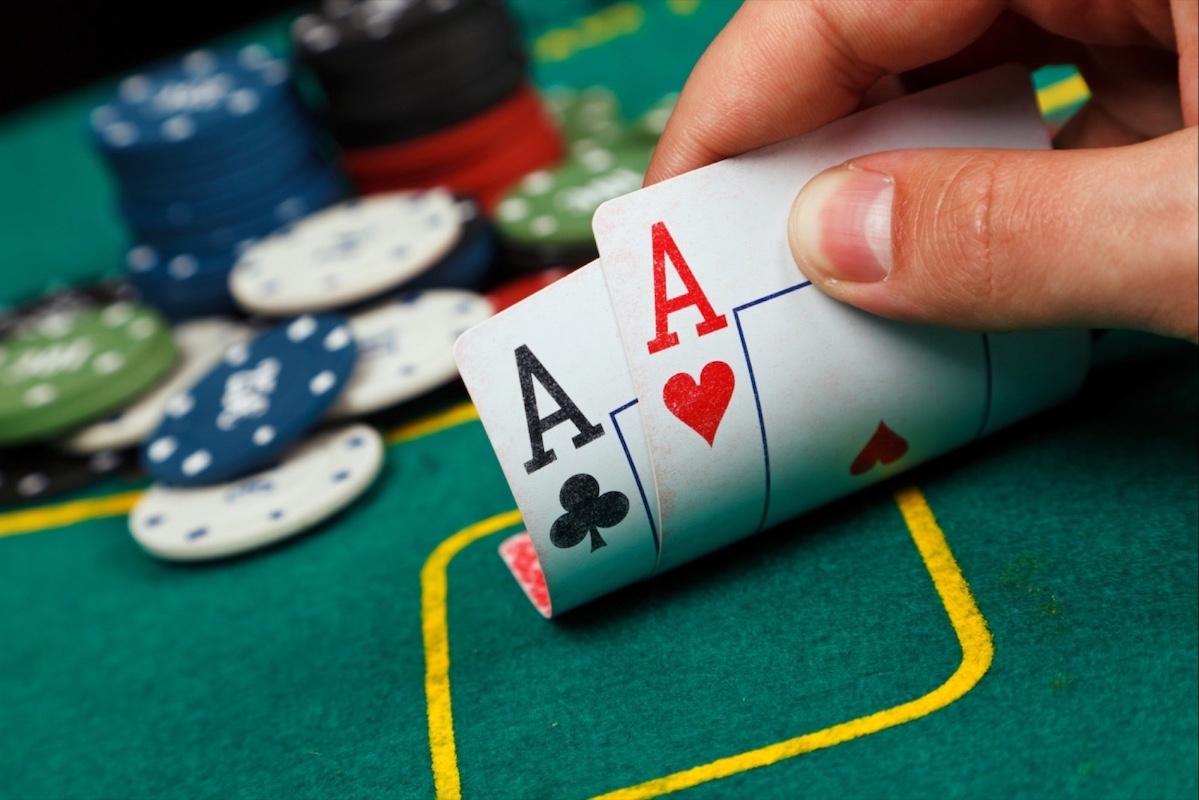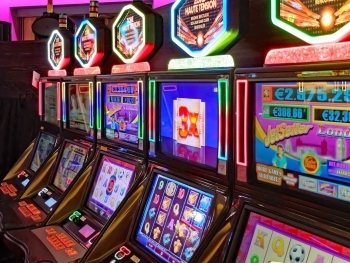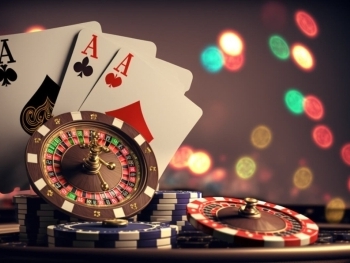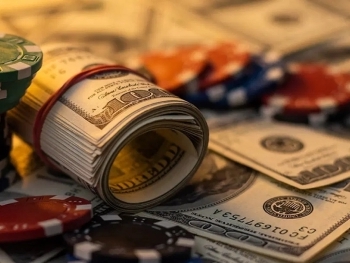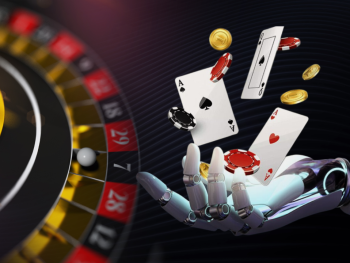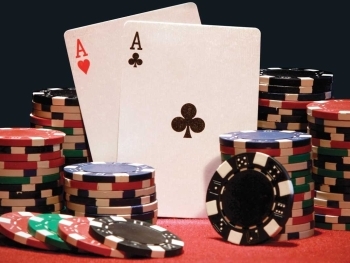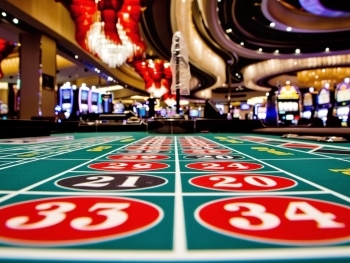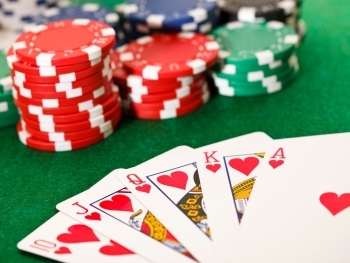Poker is one of the most popular and enduring card games in the world, blending skill, strategy, and chance. While its modern form is widely associated with casinos, tournaments, and online platforms, poker has a rich history that dates back centuries. From its ancient origins to the high-tech digital era, the evolution of poker reflects the changing nature of gambling and human entertainment.
1. The Ancient Origins of Poker
The exact origins of poker are widely debated, but many historians trace its roots to card games played in ancient civilizations. Some of the earliest recorded card games that bear similarities to poker include:
- As-Nas (Persia, 16th Century): A Persian game featuring a deck of 25 cards with hand rankings, much like poker.
- Primero (Spain and Italy, 16th Century): A European game that involved betting and bluffing, elements fundamental to modern poker.
- Poque and Pochen (France and Germany, 17th Century): Games that introduced betting rounds and the concept of bluffing, later influencing the American version of poker.
2. Poker in the United States: The Birth of a Classic
Poker as we know it today began to take shape in the early 19th century in the United States. It gained popularity among gamblers along the Mississippi River and in frontier towns. Key developments during this period include:
- Early 19th Century: The game was commonly played with a 20-card deck and involved four players betting on the best hand.
- Mid-19th Century: The full 52-card deck was introduced, along with the flush and draw poker variations.
- The Civil War Era: Soldiers on both sides played poker, helping to spread its popularity across the country.
As poker evolved, new variants such as Stud Poker and Straight Poker emerged, shaping the game’s strategic complexity.
3. The Rise of Texas Hold’em and the Las Vegas Boom
In the early 20th century, Texas Hold’em was developed in Robstown, Texas, before making its way to Las Vegas in the 1960s. This game variant allowed for more strategic depth, as players could use community cards in addition to their hole cards. Key milestones in this era include:
- 1969: The first major Texas Hold’em tournament was played in Las Vegas.
- 1970: The World Series of Poker (WSOP) was established, turning poker into a mainstream competitive event.
- 1980s-1990s: Televised poker and the rise of professional players contributed to poker's mainstream popularity.
4. The Internet and Online Poker Revolution
The late 1990s and early 2000s saw a massive shift in poker due to the rise of online platforms. This digital revolution brought poker to millions of players worldwide and introduced features such as:
- 1998: The first real-money online poker game was played on Planet Poker.
- 2003: Chris Moneymaker’s WSOP victory, after qualifying through an online satellite tournament, sparked the “poker boom.”
- 2000s-Present: Online poker rooms, mobile apps, and live streaming further expanded the game’s reach.
5. Poker in the Modern Era: Live, Online, and AI-Driven
Today, poker continues to thrive both in live tournaments and online environments. The introduction of artificial intelligence (AI) and machine learning has also changed the landscape, with AI-driven bots competing at expert levels. Some of the latest trends in poker include:
- High-Stakes Tournaments: Events like the WSOP, World Poker Tour (WPT), and European Poker Tour (EPT) attract top players globally.
- AI vs. Human Competitions: AI programs such as “Libratus” have defeated top human professionals, demonstrating the strategic complexity of the game.
- Cryptocurrency and Blockchain Poker: New platforms allow for decentralized, provably fair poker games using blockchain technology.
Poker has come a long way from its ancient roots to becoming a global phenomenon. Whether played in smoky saloons, grand casinos, or digital arenas, poker continues to captivate players with its blend of skill, psychology, and excitement. As technology advances, the game will likely continue evolving, ensuring its place as one of the most fascinating and enduring card games in history.
